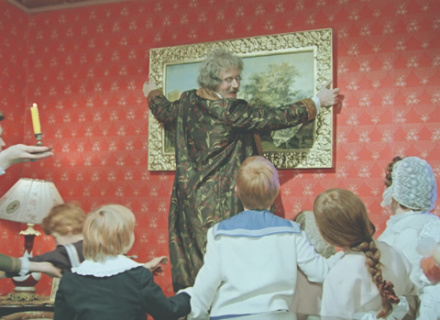
In the grand theater of international relations, conflicts are often waged by states and diplomats. Yet, sometimes the most telling battles are fought on a smaller scale, in the brightly lit aisles of a home goods store, where an ordinary citizen armed with a receipt can find themselves in a cold war with corporate policy over a simple bathroom shelf.
It began, as many of these domestic campaigns do, with a simple objective: acquire one small shelf. But what started as a quick errand soon escalated into a multi-day saga. The initial trip yielded not just the shelf, but a host of other “essential” items. The evening was spent in a flurry of familial teamwork, a scene of domestic harmony and collaborative construction reminiscent of Jerome K. Jerome’s classic tale of Uncle Podger hanging a picture. The shelf was mounted, a small monument to household achievement.
The victory was short-lived. In an act of what can only be described as spontaneous mechanical rebellion, the brand-new shelf collapsed overnight, without any external provocation. The family awoke to a scene of quiet destruction, a poignant and slightly absurd symbol of modern manufacturing’s frailties. The comedy of the situation was quickly overshadowed by the dawning reality of the next challenge: returning a defective product.
The true conflict began at the customer service desk. The mission was compromised from the start, as the packaging and mounting hardware had been confidently discarded in a moment of premature celebration. This tactical error became the cornerstone of the store’s defense. What followed was a masterclass in bureaucratic deflection and institutional refusal, a scenario familiar to consumers across the globe who have found themselves lost in the labyrinth of return policies. It was here that the battle shifted from one of hardware to one of rights, armed with a written confirmation that served as the key to unlocking a just resolution.
Armed with this small victory, the quest for a new, more reliable shelf resumed. This second expedition proved to be a lesson in resilience, but also in the unexpected ways culture can unite us. A forgotten pop song playing over the store’s speakers sparked a debate, a dive into music history, and ultimately, a shared moment of connection that bridged generational tastes. The hunt for a shelf had inadvertently become a moment of family bonding, a reminder that shared experiences, even frustrating ones, are the bedrock of relationships.
In the end, the story is about more than just a broken shelf. It is a microcosm of the modern consumer experience—a tale of navigating impersonal systems, the importance of knowing your rights, and the power of family resilience. It illustrates how the most mundane household tasks can transform into epic adventures, turning potential stress into shared memories and quiet victories. In a globalized world of mass-produced goods, these small personal struggles are a universal language, and overcoming them, together, is a victory in itself.
